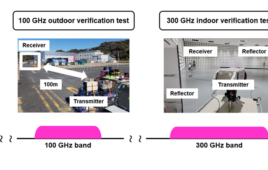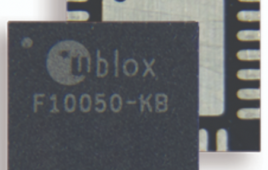According to new research commissioned by Amdocs, the average users will most likely encounter their first 5G experience at a sporting event next year.
The research surveyed executives from the world’s 100 largest operators in communications and media companies, and determined that nearly 63 percent of the world’s largest network operators plan to use augmented reality (AR), virtual reality (VR), or a combination of these technologies, supported by 5G, to offer richer viewing experiences to fans, both at sports stadiums and watching at home. For example, audiences could have the ability to watch instant replays and 360-degree streams or look up player stats via AR and VR technology.
5G will also transform the at-home viewing experience of sports events, with 81 percent of operators planning to offer new multi-screen pay TV and subscription internet video streaming services.
With speeds projected to be up to tens of times faster and lower latency than 4G, 5G opens up the possibilities for new types of entertainment and in-stadium experiences. Audiences may not have to wait too long to enjoy enhanced fan experiences. According to the research, 70 percent of operators claim that upcoming major sports events, such as the 2020 Olympics, are influencing their 5G rollout timelines. The research also reveals that more than a quarter of operators intend to introduce 5G services during next summer’s Olympic Games in Tokyo.
“It’s essential for operators to find successful use cases for 5G given the investment levels. Amdocs’ research has revealed that major live sports events could hold the key to consumer adoption of 5G,” says Gary Miles, chief marketing officer at Amdocs. “Expect to see the first of these new services and applications rolled out in conjunction with the 2020 Olympics in Tokyo and soccer tournaments in Europe, among other big events in the sports calendar.”
Even though these news services will be available, consumers looking to take part in these 5G experiences will need to upgrade to devices that support 5G. However, 43 percent of operators said they were prepared to subsidize 5G-enabled smartphones, a third said they would subsidize 5G-enabled tablets, and a quarter will subsidize 5G-enabled augmented and mixed-reality headsets, according to the research.




